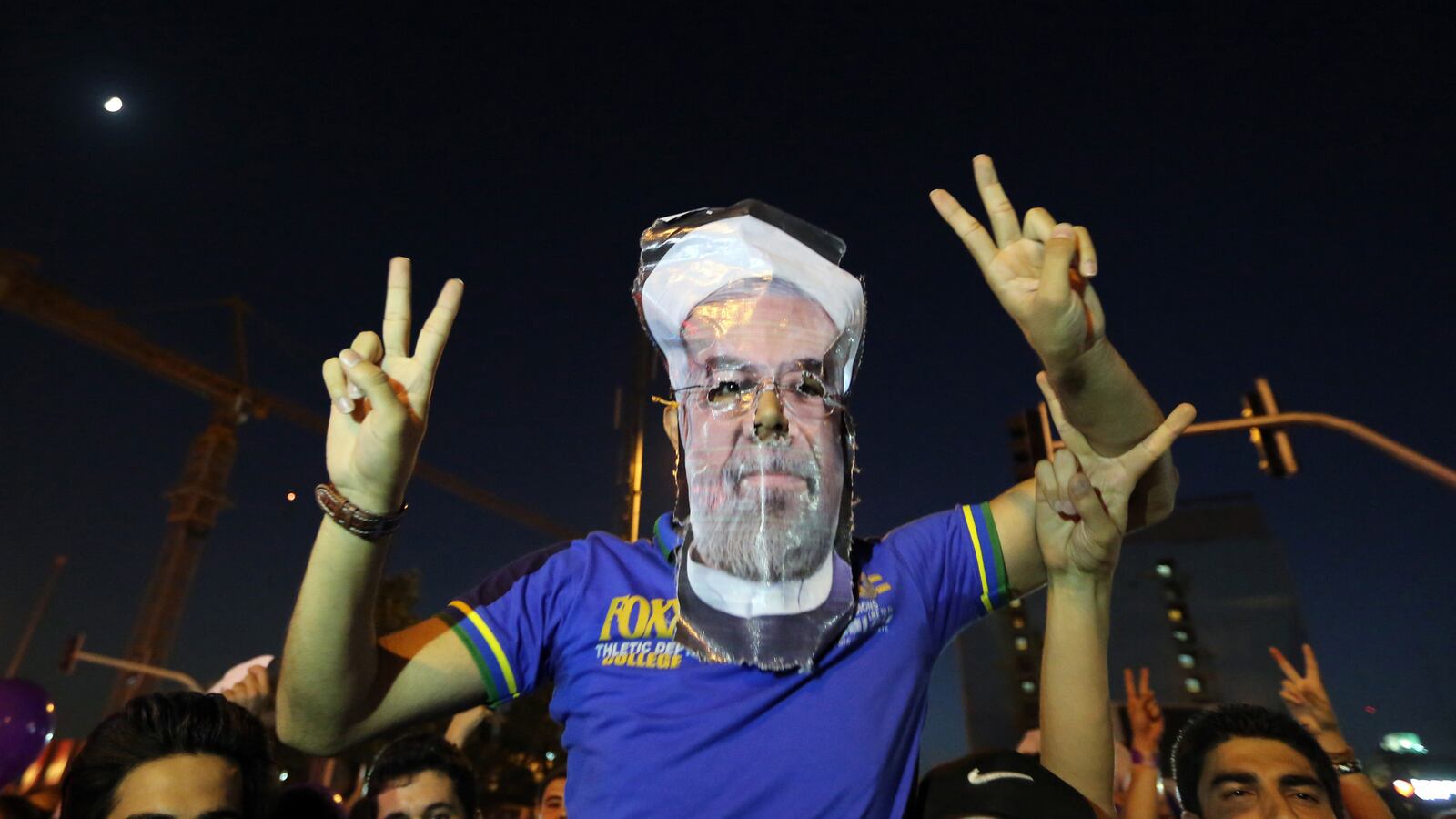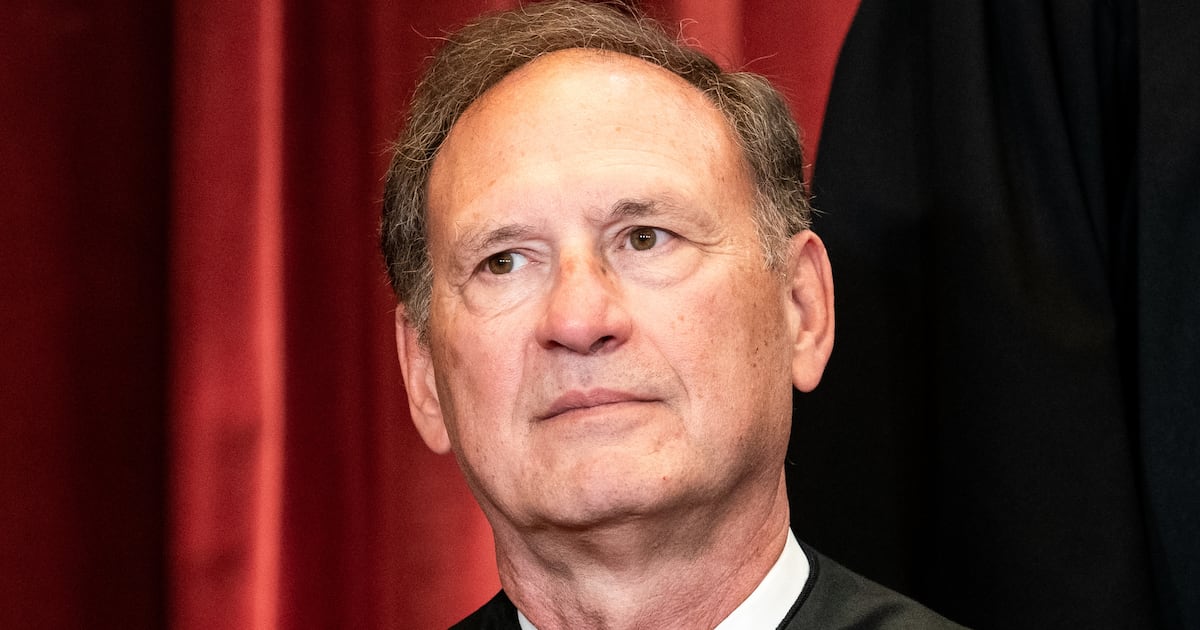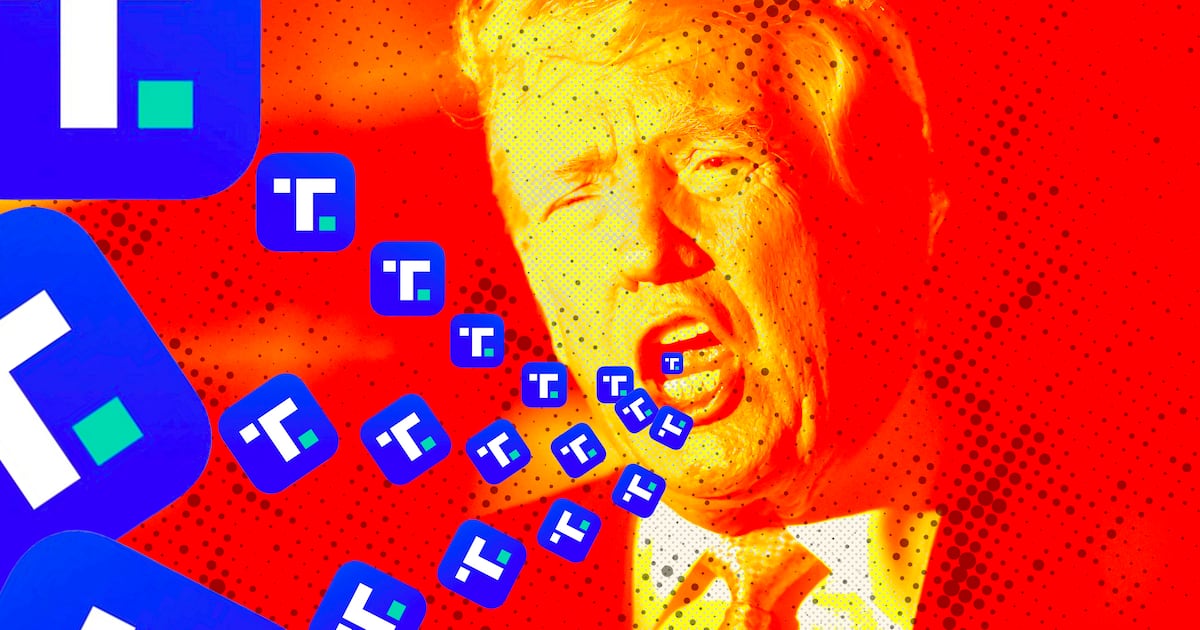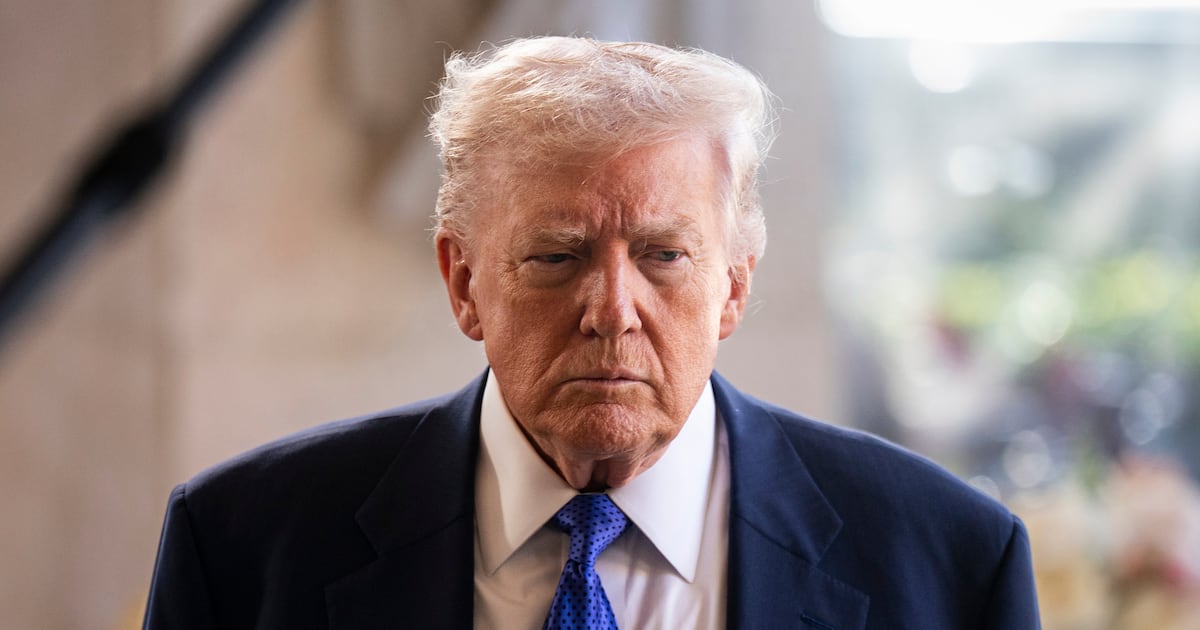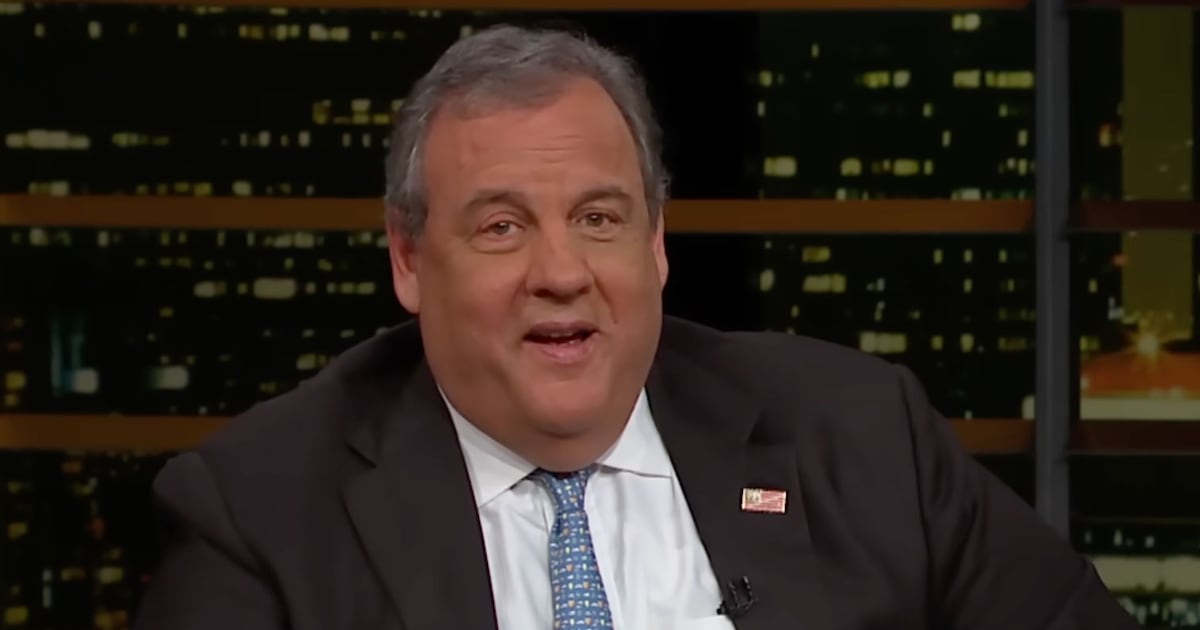The results of Iran’s presidential election have never been more meaningful for the U.S. than the June 14 election that led to the emergence of a moderate candidate who ran on a reformist platform, promising a solution to Iran’s nuclear negotiations and the Iranian people's need for relaxing the sanctions.

Hasan Rowhani’s victory is indicative of the Iranian leadership’s rejection by the Iranian people and its failure to sell its hardliner policies, including the nuclear program that has led Iran to a series of crippling sanctions.
On Saturday, the Iranian Interior Ministry announced that Hassan Rowhani—a 64-year-old moderate cleric who has been a member of Parliament, a representative of Iran's Supreme Leader in the National Security Council, and a former nuclear negotiator for Iran—will be the country's president for the next four years.
When he announced his candidacy on April 11, nobody thought he had a chance. On May 21, Iran's powerful Guardian Council reviewed the qualifications of presidential race candidates and disqualified Akbar Hashemi Rafsanjani, head of Iran's Expediency Council, a former speaker of the House, twice-president of Iran, and one of the closest revolutionaries to the late Ayatollah Khomeini, founder of Iran's Islamic Revolution. Only eight candidates, including Hasan Rowhani, were allowed to compete in the race. Rowhani is considered a moderate conservative in the Iranian political scene.
All the approved candidates were somehow considered close to Iran's Supreme Leader, and considering the disputed 2009 election, in which a suspicious process rendered Mahmoud Ahmadinejad the winner, this time everyone tried to determine Supreme Leader Ayatollah Ali Khamenei's favorite candidate. At the top, all eyes were trained on Saeed Jalili, who has been the secretary of Iran's Supreme Council of Security since 2007 and the chief nuclear negotiator between Iran and the West.
Jalili, considered an extremist religious figure, is known as an inflexible individual who, over the past six years has led Iran's nuclear plans into a dead-end through his obstinate approach, bringing consecutive sanctions against the country.
In the three television debates, which were held during the last two weeks of the election, Rowhani and Jalili, as experienced nuclear negotiators, each defended a different approach to Iran's nuclear issue.
Rowhani explicitly defended his own way of negotiations under the reformist government of Mohammad Khatami (1997–2005), focusing on reducing tension with Western countries, trust building, compromising, and preventing sanctions against the country and the widespread economic hardship they bring.
Jalili, on the other hand, boasted about his own performance and implicitly referred to it as the method preferred by Iran’s Supreme Leader. He defended a “resistance economy” vis-à-vis the West and the U.S.
Contrary to his moderate behavior, however, Rowhani attacked Jalili before the eyes of millions of people on television. "A resistance economy is not the same as an austerity economy." Rowhani said that during his time as nuclear negotiator, he prevented the country from suffering a crisis, and tried to turn threats into opportunities. Jalili, however, said, "Iran presents one demand and five-plus-one present six demands, but they eventually retreat and this capacity is a result of [our] revolutionary discourse." During these debates, another presidential candidate, Ali Akbar Velayati, a top foreign-policy adviser to the Supreme Leader, also attacked Jalili and portrayed Iran's nuclear negotiations, led by Khamenei's trusted representative, as an ineffective process.
“The [nuclear] centrifuges should be in operation, but so should the people’s livelihoods," Rowhani said on TV, suggesting that Iran can follow its nuclear program in such a way that it can avoid heavy economic sanctions.
As an unknown diplomat, however, Rowhani could never have found much reception within the different layers of the society if two reformist and popular figures, Akbar Hashemi Rafsanjani and Mohammad Khatami, former Iranian presidents, had not supported him. The popularity of Hashemi Rafsanjani and Khatami themselves has soared over the past few years, particularly after they put distance between themselves and Iran’s Supreme Leader following the intense crackdown on the people in the aftermath of the 2009 elections, leading to the imprisonment of hundreds of political activists and the house arrests of Mir Hossein Mousavi; his wife, Zahra Rahnavard; and Mehdi Karroubi.
Rowhani, himself a moderate conservative, reached out to the social base of Iranian reformists and, in his television appeals and public gatherings, addressed their demands, which had been suppressed following the 2009 election. Most of the demands of people attending his campaign gatherings were things like, "Free political prisoners," and "Mousavi and Karroubi must be released."
While Jalili and other conservative candidates were eyeing the vote from religious and conservative groups, Rowhani would not have had a chance without the millions of votes from the Iranian civil society. This is why through the support of Khatami and Rafsanjani, and by embracing demands such as political and social freedom, he created a dazzling momentum for himself by bringing together a large group of dissidents known as the “Green Movement,” and those who disapproved of Mahmoud Ahmadinejad’s eight years in office and the attendant unemployment, high inflation, and international, political, and economic isolation for Iran.
The rift among hardliners also made life much easier for Rowhani. Among the eight candidates, the one closest to reformists was Mohammad Reza Aref, who withdrew from the race in order to prevent a division of votes between himself and Rowhani. Rowhani then became the only candidate in the race to talk about defending the people's rights, releasing political prisoners, working to eliminate sanctions, and improving economic conditions. The remaining four conservative candidates, despite their closeness to the Supreme Leader, all remained in the race but they were unable to win due to their deep-rooted differences and their inability to reach a consensus about a united candidate. The conservative vote was therefore split among the four candidates on election day. The rift among Jalili, Velayati, and Mohsen Rezaei, and their criticism of each other was one of the most astonishing elements of this election, which launched Rowhani into a unique position.
That Rowhani's 18 million votes were followed by a 12 million-vote margin between him and the next candidate showed that Iran's silent dissidents and suppressed civil society continues to own a very powerful voice. The urban-middle-class vote, as well as the blue-collar vote, were cast in favor of Rowhani following the political and social suppression for which the Supreme Leader is responsible. Not to mention the public realization that the Iranian nuclear program could have continued without sanctions, and that Jalili, the Supreme Leader's alleged favorite candidate, has brought economic sanctions to Iran due to his incompetence.
In fact, the Iranian presidential election became a public referendum on the Iranian nuclear program, which for the past several years has been defined as an issue of national security. As such, the Iranian civil society and media have been unable to address and discuss it in their articles and analysis. The election results indicate that the Iranian people have rejected the way the nuclear negotiations, led by Khamenei, have been taking shape. The Iranians also took to the streets again after a four-year silence, hoping their votes, cast in favor of a moderate, would be counted this time.
The Iranian government has consistently blamed the U.S. and other Western countries for the damage the Iranian people have suffered since consecutive sanctions have been imposed on Iran. By diverting public attention from its own actions, the government has tried to put the burden of the sanctions on the shoulders of Iranian people.
Through Rowhani's election, however, the Iranian people showed that they hold Khamenei responsible for the sanctions and the economic pressure, and demanded a change to this situation. This is why it will now cost Khamenei and the president-elect a lot to ignore those demands and continue the Islamic Republic's adventurist nuclear policy abroad, as well as suppressive policies at home.
The White House issued a prompt message today: “It is our hope that the Iranian government will heed the will of the Iranian people and make responsible choices that create a better future for all Iranians.” It shows that the Obama administration has been following closely the rifts and cracks within the Iranian leadership and the people’s message that came out of the election.
“The United States remains ready to engage the Iranian government directly in order to reach a diplomatic solution that will fully address the international community’s concerns about Iran’s nuclear program,” the statement by the White House press secretary said today.
The United States missed the opportunity to engage with the reformist president Mohammad Khatami, but should not miss another chance to take the side of millions of Iranians who said “no” to their leaders’ belligerent policies by signaling that Washington has heard Iranian people throughout the country.

